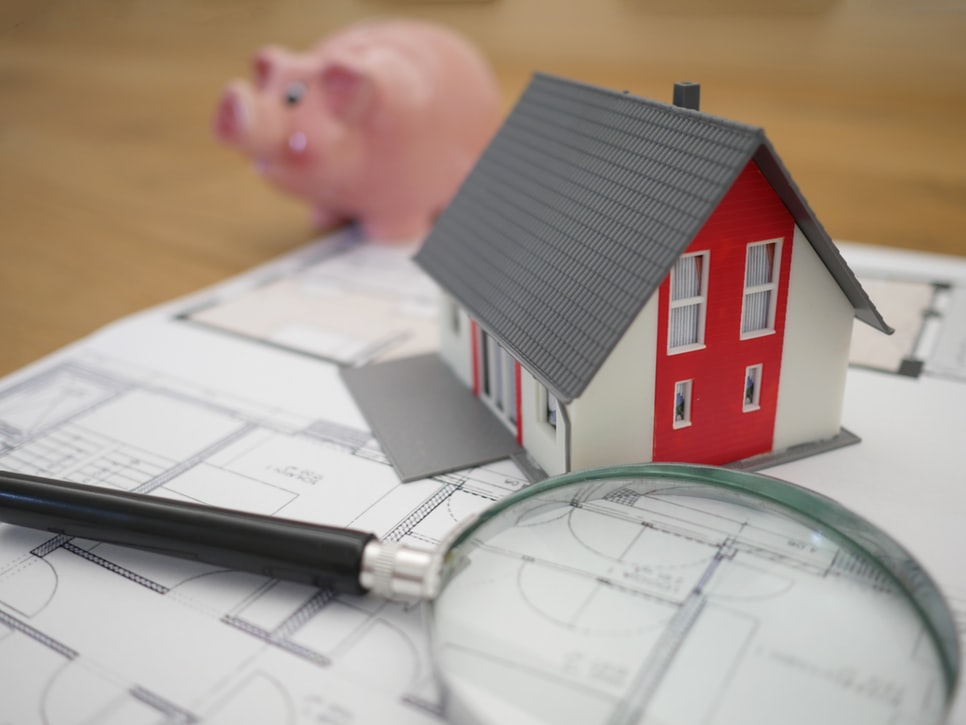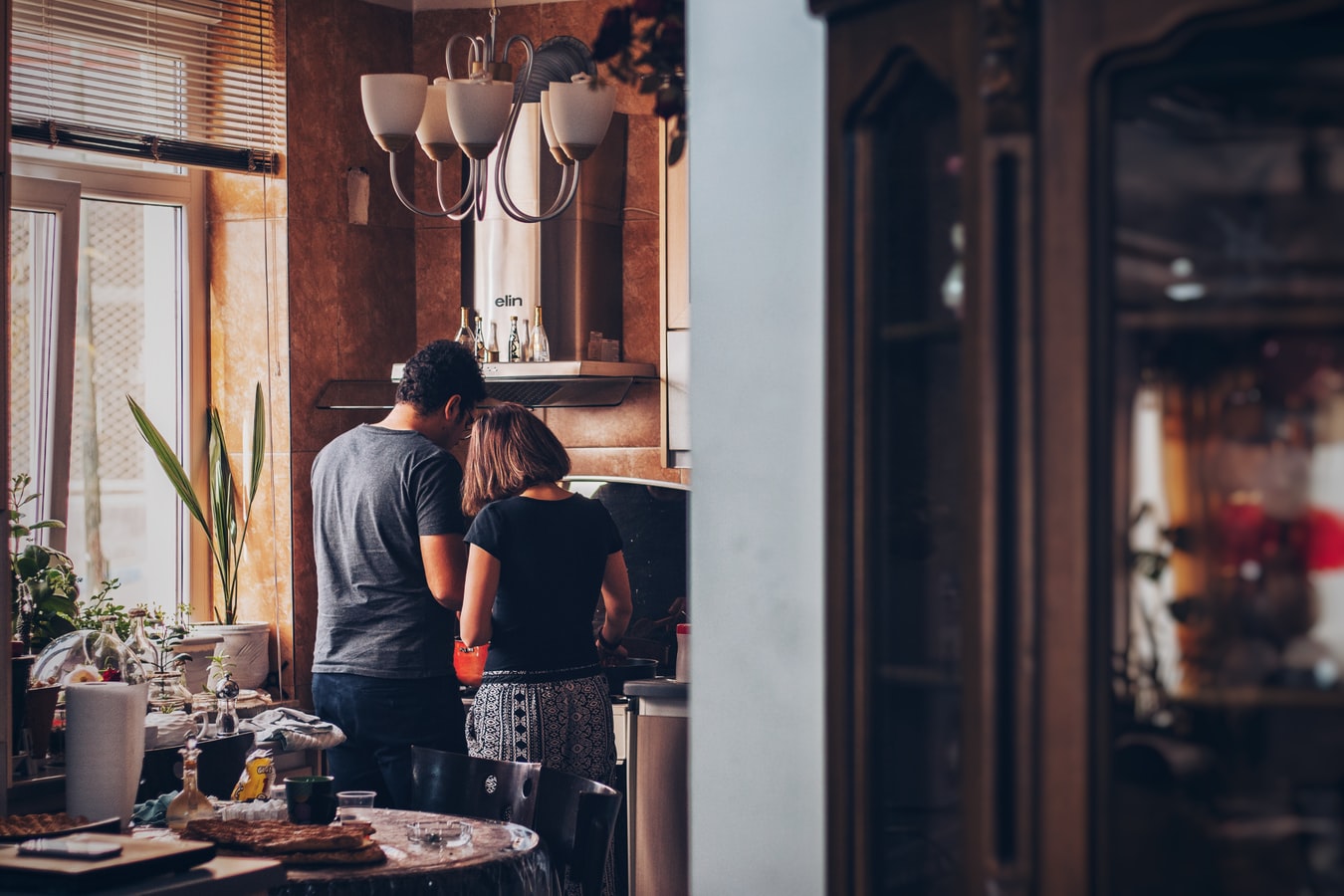You’re looking to buy a home? Fantastic! Now, you just need to save up a deposit to put down on the property to secure yourself a mortgage. Saving for a deposit can feel like a huge task – and understandably so, it’s a lot of money!
Here, we’ll show you how to save up a deposit.
What's Included?
In short:
Make sure you know how much you need – make sure you’re not just saving for the deposit. Consider all of the costs involved in buying a house such as land registry and stamp duty. Think about removals and furniture too!
Budgeting – put together a budget where you note down your income and outgoings and see if there are any places that you can save money, such as by swapping supermarkets or changing energy suppliers.
Open a savings account – see what deals you can find for a savings account and make sure everything you save up is put in it. This will keep you on track as you go!
Work out how much you need for your deposit
Browse at properties
Before you start saving for a deposit, work out how much you think you’ll need. You can do this by looking on property sites and having a look at the prices of the properties that you’d be interested in buying – make sure you stay consistent, always looking at properties with similar features and number of bedrooms – this gives you the best average. Don’t disregard the more expensive ones – if you just look at mid and low prices then you’ll fall into a trap of not saving enough of a deposit.
While you’re doing this, think further into what it is that you’re looking for – do you want a spare bedroom? Will you need a garden? What type of location do you need? Make some notes, this will be useful when you’re visiting properties later down the line.
Deposit
Now, think about the percentage deposit that you’re looking to raise – you tend to get a cheaper deal if you put down a higher deposit, but you can go as low as 5% on some purchases. Be realistic, if it’s going to take you considerably longer to get 10% then go with 5%, just know that your rate is likely to be higher.
Other costs
Remember that you don’t just need to save for your deposit, there are lots of extra costs that come with buying a home that you’ll need to make sure you’re prepared for, these include:
- Mortgage arrangement fee
- Stamp duty
- Legal fees
- Survey and valuation fees
- Land Registry
- Furniture, maintenance, renovations, and decorating costs
- Removal services
Make sure you’ve researched these costs and saved up some money for them, so you don’t find yourself out of pocket when the time comes.
Budgeting for a deposit
One of the best ways that you can save is by budgeting better – this can be really simple and can help you view your finances in a new light.
Work out your income
First, work out your income. Write down the different payments that come in every month – this can include your salary, your partner’s salary, tax credits, benefits – anything that credits your account.
Work out your outgoings
Next, work out all of your outgoings. Try to be realistic here, don’t just assume that you’re going to stop spending in all areas except the essentials, as you’ll lose motivation really quickly. You can start by writing out how much you believe you spend on each category, if you use one of the digital banks or use open banking apps then you can use real figures.
Here are the categories:
Bills – such as rent, electricity, gas, water, broadband, TV license, mobile phone bills, and insurance. These are generally non-negotiable costs; however, we’ll look at ways that you can reduce these costs in the next section.
Groceries – this is your weekly food shop and any toiletries or health products you need.
Entertainment – this is the costs of going out, such as to the cinema, eating out, gym and swim memberships, and possibly Netflix, Spotify, and Amazon Prime Video.
Transport – this is the cost of fuel, car maintenance costs, rail travel, tube tickets, or bus tickets.
Other outgoings – these are those odd one-off purchases, like buying your auntie a birthday gift, or buying some new clothes.
How to save for a deposit?
Once you have a good idea of how much you tend to spend on each section, look at the ways you can reduce the costs.
Bills
Make sure you are frequently checking to see if you can get a better deal on your electricity, gas, and broadband. If you haven’t looked on any comparison sites recently then you may be overpaying, or a renewal has occurred, and the price has shot up. Search for better energy deals to see if you can save.
In terms of broadband, and some mobile phone contracts, you can often call them up to see if they’re able to offer you anything cheaper. Some people swear by this and will do it over and over again, consistently getting a cheaper offer.
Groceries
Think about the food shops you do – are you being the most efficient with the costs? Try changing to one of the new cheaper supermarkets such as Lidl and Aldi to see if you can save any money on your weekly shop. If you don’t have either of these stores nearby then consider dropping down from branded products to own brands – often the ingredients used are similar, or even exactly the same, and some people even prefer the own brands. Your wallet with thank you for it too.
One popular way of cutting costs on your groceries is to eat less meat. Vegetables are, overall, considerably cheaper and they tend to last a lot longer in your fridge, too, even when they’ve been reduced for short shelf life. Even cutting out meat one extra day a week could save you some money.
Entertainment
Don’t give yourself an entertainment budget of zero. You’ll quickly lose motivation and feel downright low about the situation. You need to allow yourself days and nights out. Think about the ways you could reduce costs – such as by visiting independent cinemas (I went to see Joker at an indie cinema for just £4 per person – and that was the standard rate for all showings!). These cinemas aren’t only cheaper, but they’re actually much nicer and give you a more enjoyable experience.
If you’re not using your gym membership – cancel it. This is a big one, as you could save yourself tons of money that you’re spending on absolutely nothing. If you’re using it frequently and make good use of the facilities, then it’s not worth cancelling – but see if you could find a way to cut the price down.
Transport
If you’re catching the bus quite a short distance, consider cutting your costs by walking or cycling instead. If you’re travelling into London’s Zone 1 then you could get off at a Zone 2 stop and walk the rest of the way. If you have a travelcard it includes all London buses, so you could even get off at Zone 2 and catch the bus, only paying for zones 2 – your home zone.
A lot of central London can be walked in less time than you’d think – for example, Mornington Crescent (Zone 2, Northern Line) is only a short walk away from both Kings Cross St Pancras and Euston (both in Zone 1) – if you’re travelling from zone 4, you could save over £20 per week (£21.40 to be precise) getting off at Mornington Crescent and walking the rest of the way! That works out to be £1112.80 over 52 weeks – a no brainer? And, you don’t need your gym membership after all because you’re walking more!
Open a savings account
There’s no point in cutting all of these costs if you leave all the money you’ve saved in your current account to accidentally spend on a night out. Open a savings account. There are plenty of different options that you can take, and it’s likely that your bank will offer you a preferential rate on a savings account with them as long as you put in a certain amount per month.
Set up a direct debit to take a certain amount from your current account each month (preferably on payday) and put it into savings. Use your budget that you prepared earlier to work out how much you can realistically put into savings each month and stick to it. Try not to take a month off every now and again, as you’ll loosen your spending habits again and stop saving.
There are loads of options for saving – from brand new open banking apps that will save for you or round up your transactions, to challenges to save a certain amount each day for a year – decide on what you can afford, make sure it’s earning interest, and you’re good to go!
To read more about other ways to save click here
Credibble offers two fabulous solutions
If you’re preparing to take a mortgage, never apply until you’ve tried our unique and FREE Credibble Home app. Our smart technology will tell you what you need to fix so you avoid rejection. The app predicts when you will be able to buy, for how much and tracks your month-by-month progress to mortgage success. We’ve even added your own mortgage broker, so you get the best deals available.
More focused on your credit rating? Well, get started for free with Credibble’s 24- Factor Credit Check to truly help you improve your creditworthiness and how lenders view you. (Remember: lenders don’t use your credit score! We’ll show you what lenders look for and how to get your credit report in the best shape possible).
Last updated by Robert Edwards, July 2022









